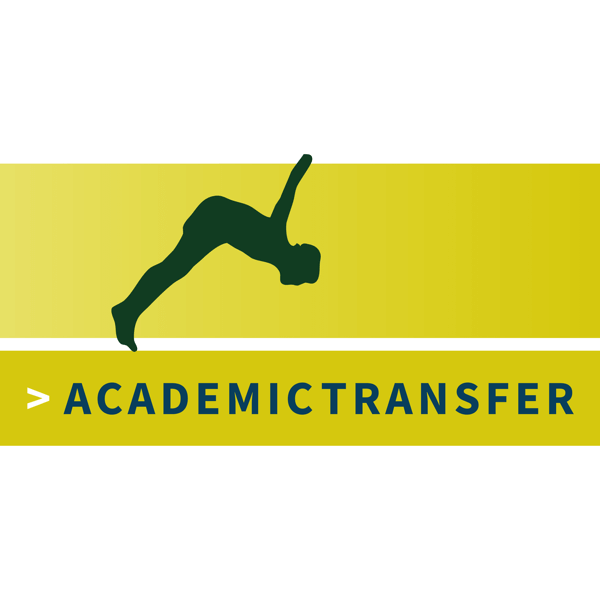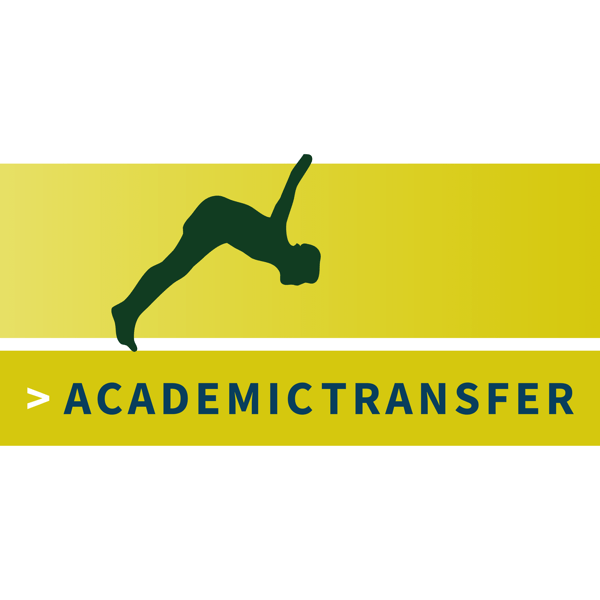
PhD Talk for AcademicTransfer – Diversifying career paths in the Dutch universities
This post is part of the series PhD Talk for AcademicTransfer: posts written for the Dutch academic career network AcademicTransfer, your go-to resource for all research positions in the Netherlands.
These posts are sponsored by AcademicTransfer, and tailored to those of you interested in pursuing a research position in the Netherlands.
If these posts raise your interest in working as a researcher in the Netherlands, even better – and feel free to fire away any questions you might have on this topic!
Over the past few years, there have been various discussion in the Netherlands on how we can make room for everyone’s talent in academia, and how, as a result, universities can offer more diversity in career paths. The basis for this approach, is to recognize and reward various sets of skills.
In the past, everyone in the Netherlands on the tenure track and beyond, was expected to devote 30-40% of their time on research, 30-40% of their time on teaching, and the remaining parts on leadership/administration and outreach. For tenure and promotion, the part of research (and especially publications) was often most valued.
As a result, education and the quality of education, may have slipped to the side. To turn the tide, there’s been a lot of emphasis on training academic staff to be better teachers. Now, the idea of to make room for everyone’s talent and to diversify career paths – some with more emphasis on research, and some with more emphasis on teaching.
What does this new approach mean for current PhD candidates and early career researchers? Here, I’ve collected some things to consider for those pursuing an academic career in the Netherlands.
- Explore: When you are doing your PhD, see if you can get to explore various academic tasks. You can teach a guest lecture or do some work as a teaching assistant to get a feeling for teaching. You can get involved in a committee to see if you like the administrative or leadership side of academia. And you can explore ways to communicate your science, to see if you like the outreach part. Based on that, you will get a better idea of which parts you like and how your ideal future package of tasks would look like.
- Make room and time for your natural tendencies: If you feel drawn to a certain tasks, then create some time and space for it. For example, if you are like me and you like writing, then perhaps starting a blog to talk about your research and your experiences may be something for you. Follow your nose and see which side activities you can develop.
- Sharpen your skills. An academic career, in each of the diverse paths, requires a certain amount of skills outside of the research skills. Invest time in those skills. If you are doing a PhD in the Netherlands, you will see that the doctoral education program is tailored towards developing those skills. When you select your courses and the skills to further develop, think about what you can do with these skills later on in your career.
- Discuss with your supervisor: When you are thinking about staying in academia, but you have, for example, really a love for the administrative side or for teaching, then discuss your ideal path with your supervisor. Your supervisor may still be thinking about a typical academic path with equal parts of research and teaching, since it has been the standard for so many years – so make sure you take this information about the more diverse career paths into the conversation.
- Understand group dynamics: The idea is that a selection of people with different focuses will make a stronger team. As such, understanding how your skills could fit within a group, and how you could contribute positively to the dynamics, is important. Find the time to learn about group dynamics. Your career will not happen in a vacuum – instead, developing good working relationships is one of the most important factors for a successful and -more importantly- an enjoyable career.
- Allow yourself to assess your tasks: You don’t need to decide during your PhD what your academic career path would look like. You don’t even need to decide then what your career (industry, academia, government,…) would look like. You have the full permission to assess at several points during your career if you still like what you are doing, and then have the necessary conversations with your superiors to see if you can alter your task package. If you want to lean out of research for a while to focus on turning your courses into blended experiences, then make sure you get to discuss your plans with your supervisors and within your team.
- Find your strengths: It will take time to find your strengths. You have your natural strengths, but also know that for an academic career, you will be developing skills over time and build up career capital. By observing how you function within your team, you will also learn about what your unique contribution to the group can be. You can also lean on the career center of your university or an external assessment to get a better understanding of your (natural) talents and what you are most suited for.
Have you read about diversifying career path in the Netherlands? Are you more oriented towards research, teaching, outreach or admin?


